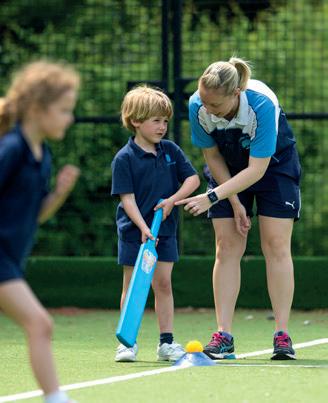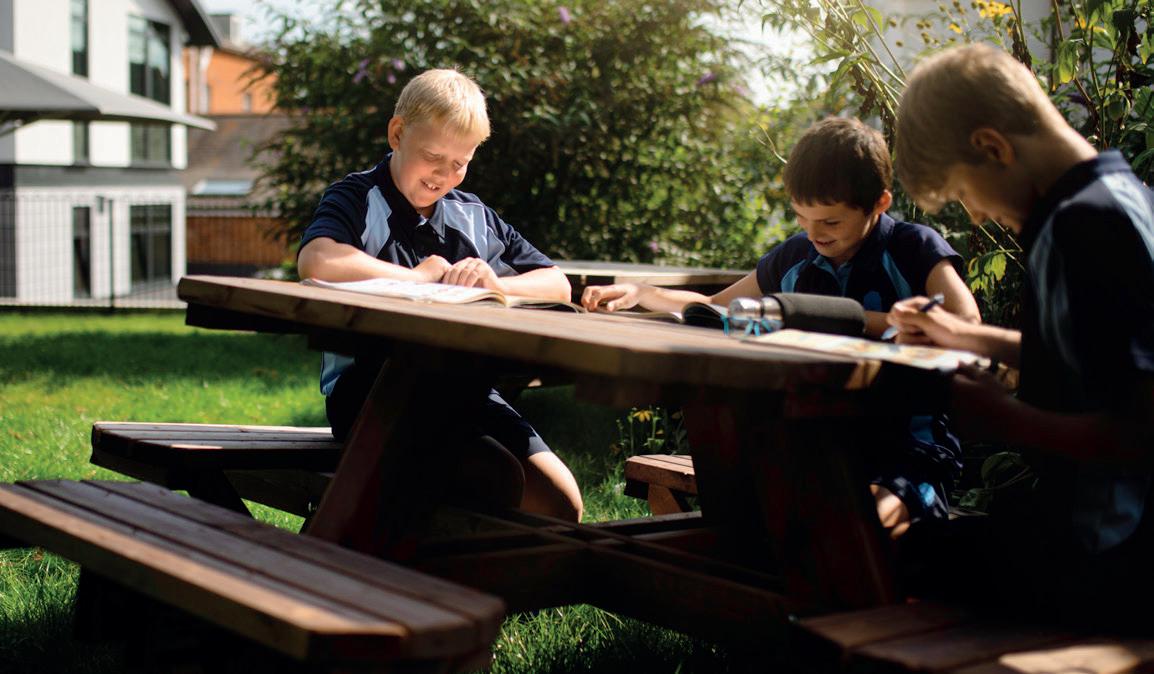
2 minute read
Asking your Child’s School the Difficult Questions
By Judith Judd
When I first began work as an education journalist several decades ago, schools were secretive places, convinced that they knew best and that parents should be kept firmly at the school gates.
Advertisement
Parents used to ring me up and say, for instance: “My son’s very interested in languages and I want to choose a school for him where there’s a strong language department. Can you find out for me whether the language department at my local secondary school is any good?”
The answer was that it was very difficult. There were no published results of examination results and no statistics to show how much progress pupils made when they were taught by different teachers. The views of other parents - not always reliable - were often the only source of information about how well a school was doing.
Yet what goes on in classrooms is of huge importance to parents and now, thankfully, the education landscape looks very different. Performance tables showing how well schools do academically are available for all primary and secondary schools. Parents can find out not just the raw results for tests and examinations but also how much progress a school’s pupils make from the time they enter to the time that they leave and how the results compare with those of similar schools.
So what are the questions parents should feel confident to ask their child’s school?
Teacher quality
Educational research shows that, after home, teachers are the single most important factor affecting pupils’ progress in school. So parents should never be afraid to ask why their child is doing less well or is less enthusiastic about their work under a different teacher. Or to find out why their child says, in maths for instance, that they can’t understand the teacher’s explanations.
Comparisons
Schools that have specialist teachers for different subjects (including secondary schools and some primary) will be looking at the performance of their teachers annually and will know whether the history department is performing better than the maths department and whether children are making more progress in one than in another. Parents shouldn’t be afraid to ask where the weak links in a school are.

Relationships matter
Any parent whose child complains of bullying should go straight into school and ask what is happening and what is being done about it. And if the bullying continues they should keep pressing for the school to take action.
Good discipline
It’s hard to learn if you are surrounded by noise and disruption and one of the research studies in our book suggests that better discipline helps to improve children’s progress in maths. So parents are right to ask questions if a child reports that a teacher shouts or that classes or school corridors are unruly.
You know your child
Finally, it’s fine to query any decision that a school makes that doesn’t fit with your child. You know your child best. One example is of children who are put in the wrong set and do less well because their teachers expect less of them. But it could apply to any area, perhaps lack of help for a child who’s struggling or an incorrect “label.” The school may think a child is badly behaved when they are simply bored.
Most of us find asking difficult questions of our child’s school difficult. Will teachers resent the complaint and therefore the child? But good schools take reasonable complaints in their stride. They may even find them helpful in dealing with under performing staff or disruptive pupils. Most parents and teachers want the best for the children in their care and it makes sense to work together to achieve that.
Judith Judd, with co-author Wendy Berliner, are authors of the book How to Succeed at School: Separating Fact from Fiction: What Every Parent Should Know. Published by Routledge and available from amazon and good book stores.















